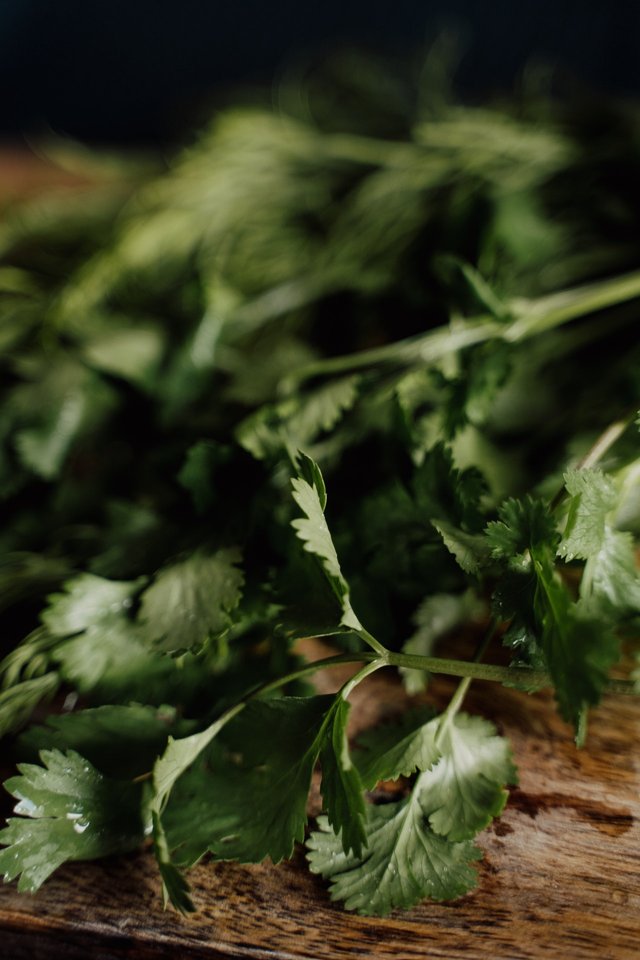Coriander, a good ally of the digestive system

Coriander is a plant that has been used since ancient times. The leaves resemble those of parsley but are lighter green in colour, and when chopped, have a distinctive aroma.
All parts of the plant, including the roots, leaves, stems and dried seeds, are edible and used in many Latin American countries, Southeast Asia and North Africa, where it is a flavouring ingredient in many dishes. Its flavour varies depending on which part is used: it is pungent, citrusy and fresh.
Nutritionally, it contains vitamins A, C, K and minerals (in small quantities), such as calcium, copper, iron, potassium and magnesium. Also, it has antiseptic, anti-inflammatory, analgesic and diuretic properties.
But it is also beneficial for the digestive system, helping to attack colic and flatulence, as well as relieving constipation, irritated bladder and even stress.
So if you have some of these symptoms, you can make a quick remedy with this aromatic herb: an infusion of a teaspoon of chopped coriander leaves in a cup of boiling water.
If you have mouth ulcers, one way to attack them naturally is to take a teaspoon of coriander seeds, roast them and pour them into a glass of warm water, then gargle.